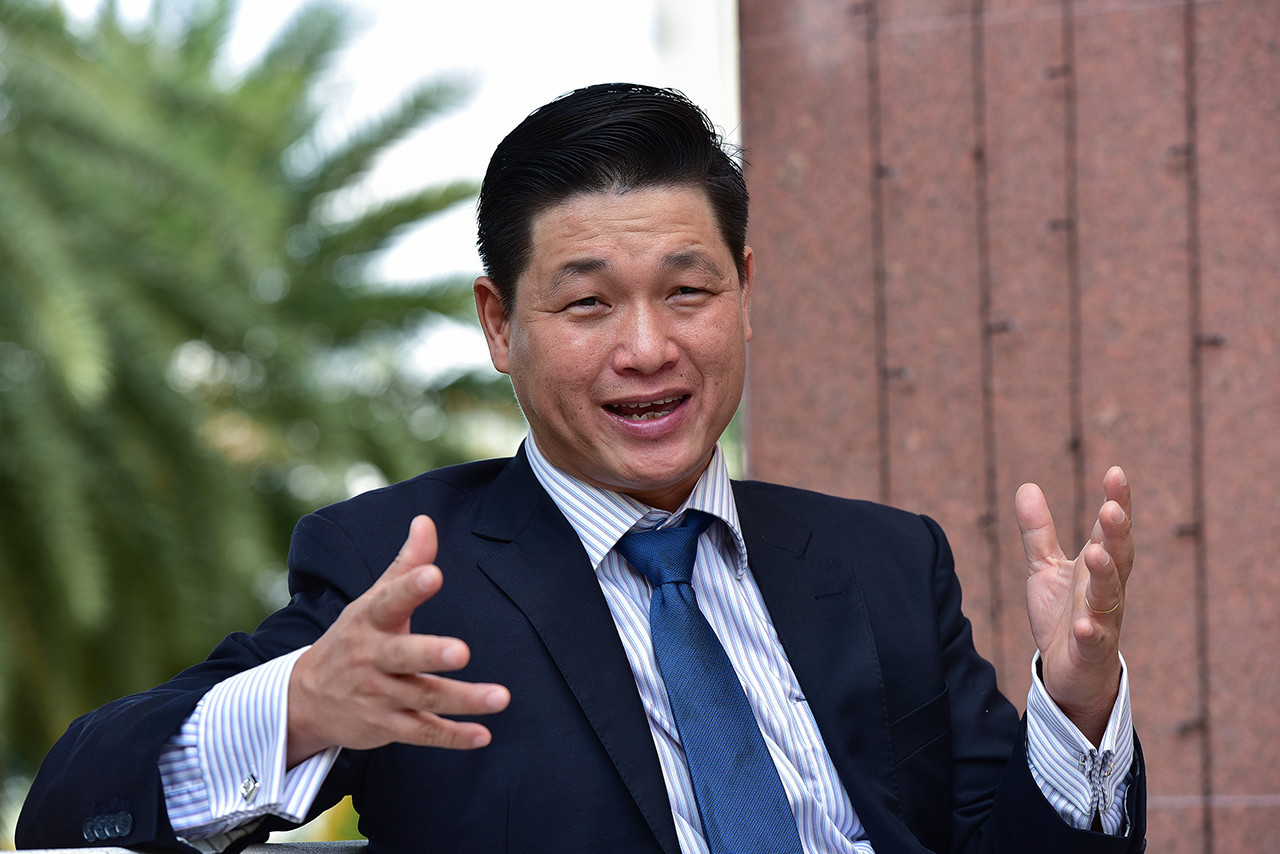
Vicente Nguyen, Chief Investment Officer of AFC Vietnam Fund, spoke with VietNamNet about the current status of the corporate bond market and assessed the bond market's prospects, worth quadrillions of dong in the future.
What do you think about the Vietnamese corporate bond market after Decree 08 was released to amend and replace some articles of Decree 65 on private offering and transactions of corporate bonds in domestic and international markets?
I believe there are both advantages and disadvantages. The extension of bond terms will give businesses more time to settle their problems, and negotiate with creditors to extend the payment deadline, thus helping ease liquidity pressure.
However, this will only help businesses for a short time. Still, businesses have to improve their payment capability. The extension of payment deadlines won’t solve enterprises’ weak solvency.
The suspension of regulations on determining the status of a professional individual securities investor also helps improve the liquidity of the corporate bond market, and reduce unnecessary administrative procedures.
However, the delay of the application of the regulation on credit ratings is a step backwards. Credit ratings are one of the basic and important requirements for corporate bond issuance because this allows investors to clearly see the quality of the bonds.
With the decision, the buck has been passed to bond investors. I personally think that the credit rating should be implemented as soon as possible in order to increase the quality of bonds and the transparency of the market.
What is behind the noisy movements of redeeming corporate bonds recently? What are the reasons?
I think businesses have many reasons to buy back bonds before they become due.
First, they can arrange capital, so they decided to buy back bonds to reduce capital mobilization costs.
In many cases, the issued bonds might have violated certain regulations, so the issuers have to buy back the bonds. They can issue bonds again later according to new regulations.
While the corporate bond market is quiet and many commercial banks have eased deposit and lending interest rates, some businesses are still issuing bonds at high interest rates of 13-14 percent, while others are issuing bonds at very low interest rates of 1.33-6 percent. How would you explain this?
In theory, when banks pay 7 percent for deposits, issuing bonds at the interest rate of 6 percent is unfeasible. Therefore, the lots of bonds are issued privately with specific purposes, not just borrowing via bonds to invest or do business.
For example, if Vingroup issues bonds at an interest rate of 15 percent for the first year, smaller enterprises with lower credit ratings could hardly issue bonds at lower interest rates.
So, sometimes the private issuance aims at other non-market purposes and they don’t represent the market status.
Bank interest rates are on the decrease, banks’ liquidity is very good, but credit growth rate is low, while the corporate bond market is still gloomy. What do you think about the slow recovery of the bond market?
I think the bond market cannot recover strongly because of the confidence decline in 2022. A high number of businesses with no revenue or no credit ratings issued bonds with no mortgaged assets. Many individual investors incurred big losses or even lost money. It’ll take a lot of time to regain investors’ confidence.
However, in the long term, the bond market will surely develop strongly because this is one of the important capital mobilization channels for enterprises.
The Vietnamese corporate bond market is very young so the prospect of the market is very bright. What we need to do is create transparency through credit ratings and strict monitoring to gain investors’ confidence.
Moreover, the appearance of market makers will also help significantly improve the liquidity of the market. In general, the potentials of the market are huge, even huger than the stock market.
Manh Ha